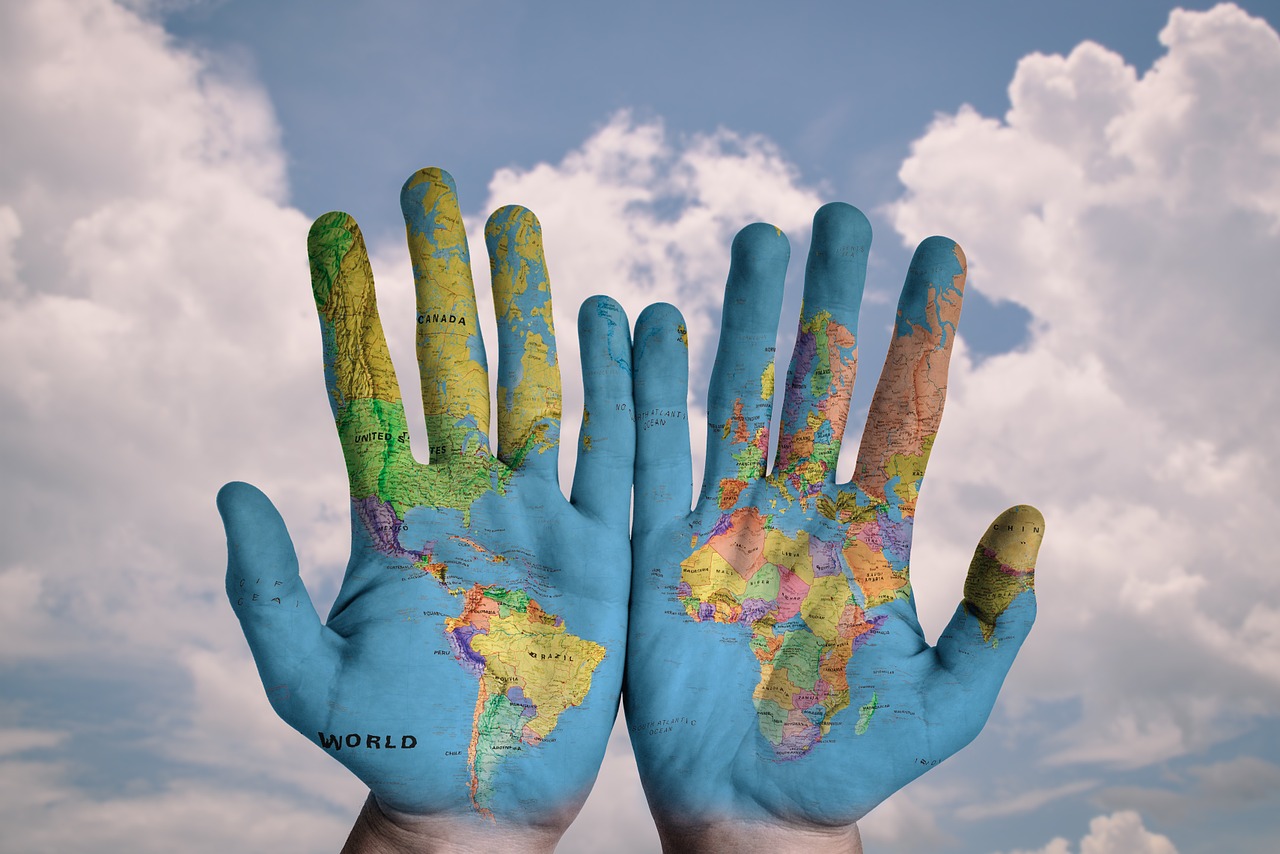
Professor Catherine Allerton & Dr Andrea Pia
Globalisation is one of the most important dynamics of contemporary social life. But how has it emerged, what does it really involve, and what are the cultural and social forces that shape it?
During this interdisciplinary course you will explore crucial questions from the unique perspective of anthropology - which gives a human-centred account of economic processes like globalisation - as well as draw on perspectives from other social sciences and humanities.
Using ethnography from Asia, Africa, USA, Latin America and Europe, you will examine globalisation from the perspective of global elites, the middle classes and the poor. By engaging with real-world scenarios you will unpack the effect of globalisation on social and cultural identities, family life, social mobility and political movements. As a result, you and your peers will debate whether leads to cultural ‘sameness’ or intensifies cultural ‘difference’; and what the future of globalisation might be.
By the end of the course you will have developed the critical thinking skills to effectively argue and analyse some of the key debates around globalisation. You will also be able to illustrate the connection between academic theory and how it translates in real-world situations, making sense of the complexities of a globalised world.
